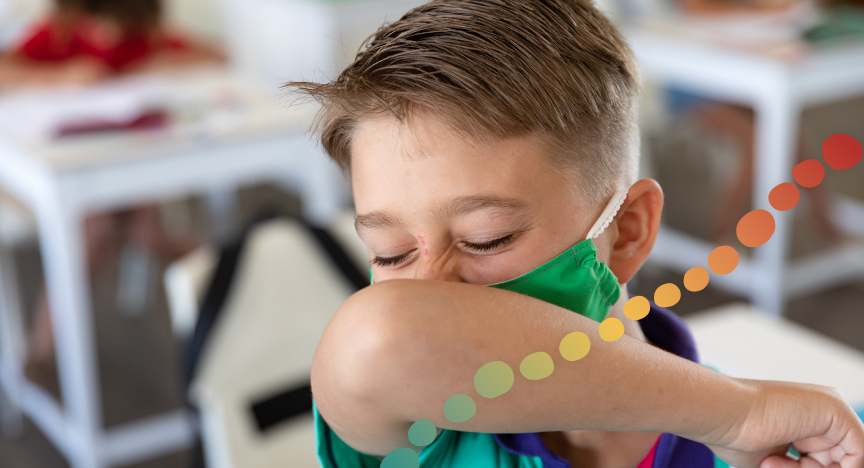
Summary
- Torres and Cape Hospital and Health Service Public Health Medical Officer Dr Allison Hempenstall said 17 cases had been recorded at Weipa over the past couple of months.
- As well as vaccination, all Torres and Cape residents can play an important role in limiting the spread of infectious diseases.
Case of pertussis (whooping cough) are continuing to rise across the Cape York, Torres Strait, and Northern Peninsula Area region, as they are throughout Queensland.
Torres and Cape Hospital and Health Service Public Health Medical Officer Dr Allison Hempenstall said 17 cases had been recorded at Weipa over the past couple of months.
“A booster dose of pertussis vaccine is recommended for any adult who wants to reduce the risk of infection and hasn't had a booster in the past 10 years,’’ she said.
“Due to the cases at Weipa, we are offering free booster vaccinations to everyone in Weipa who requires it and these are available through the Community Wellness Centre at Weipa Integrated Health Service.’’
“Across the health service region as a whole, we have recorded 108 cases of pertussis so far this year, which is very much higher than normal, as is the state-wide total of 9866.’’
“We had no recorded cases at all in 2023 and, indeed, no previous recorded cases since 2019.’’
“So far, we’ve had clusters of cases right across the region throughout the year, including the cases at Weipa.’’
Dr Hempenstall said it was vital that all Torres Strait, Northern Peninsula Area and Cape York residents and their children who were eligible for the vaccine ensured they were vaccinated.
“Whooping cough is a highly infectious illness that is spread by coughing and sneezing. The illness can affect people of all ages but is particularly serious in infants,’’ she said.
“It’s very important that people with coughing illnesses seek early medical attention. This will facilitate timely treatment of pertussis cases and help reduce the risk of infecting others.’’
Symptoms of whooping cough may include:
- Initially cold-like symptoms, runny nose, tiredness, sneezing and sometimes a fever.
- Coughing then develops which can lead to coughing fits and a deep gasp or ‘whoop’.
- Vomiting after coughing fits (post-tussive vomiting).
- Babies can gag or gasp or turn blue during coughing spells.
Dr Hempenstall said vaccination was the best protection.
“Pertussis vaccination for pregnant women is recommended from 20 weeks gestation and has been shown to prevent whooping cough in infants during the first six months of life,’’ she said.
Protection against whooping cough also is included in the routine vaccinations given to children at two months, four months and six months of age and boosters given at 18 months and four years of age, as well as Year 7 at school.
“It is very important that all young children are up to date with their vaccinations,’’ she said.
“It is also important that people with coughing illnesses avoid contact with infants less than six months of age until a diagnosis is made and they are no longer infectious.’’
“A booster dose of pertussis vaccine also is recommended for any adult who wants to reduce the risk of infection and hasn't had a booster in the past 10 years.’’
“Due to the cases at Weipa, we are offering free booster vaccinations to everyone in Weipa who requires it and these are available through the Community Wellness Centre at Weipa Integrated Health Service.’’
“Vaccination is particularly important for people living with or caring for babies under six months, such as fathers, carers, and grandparents.’’
“The vaccine should be given at least two weeks before contact with the infant.’’
Dr Hempenstall said adults working with infants and young children under four years of age and all health care workers should receive a dose of pertussis vaccine.
A booster dose is recommended every 10 years.
As well as vaccination, all Torres and Cape residents can play an important role in limiting the spread of infectious diseases.
This includes practising good hand hygiene, covering coughs and sneezes with a tissue or inside of your arm and staying at home when sick.